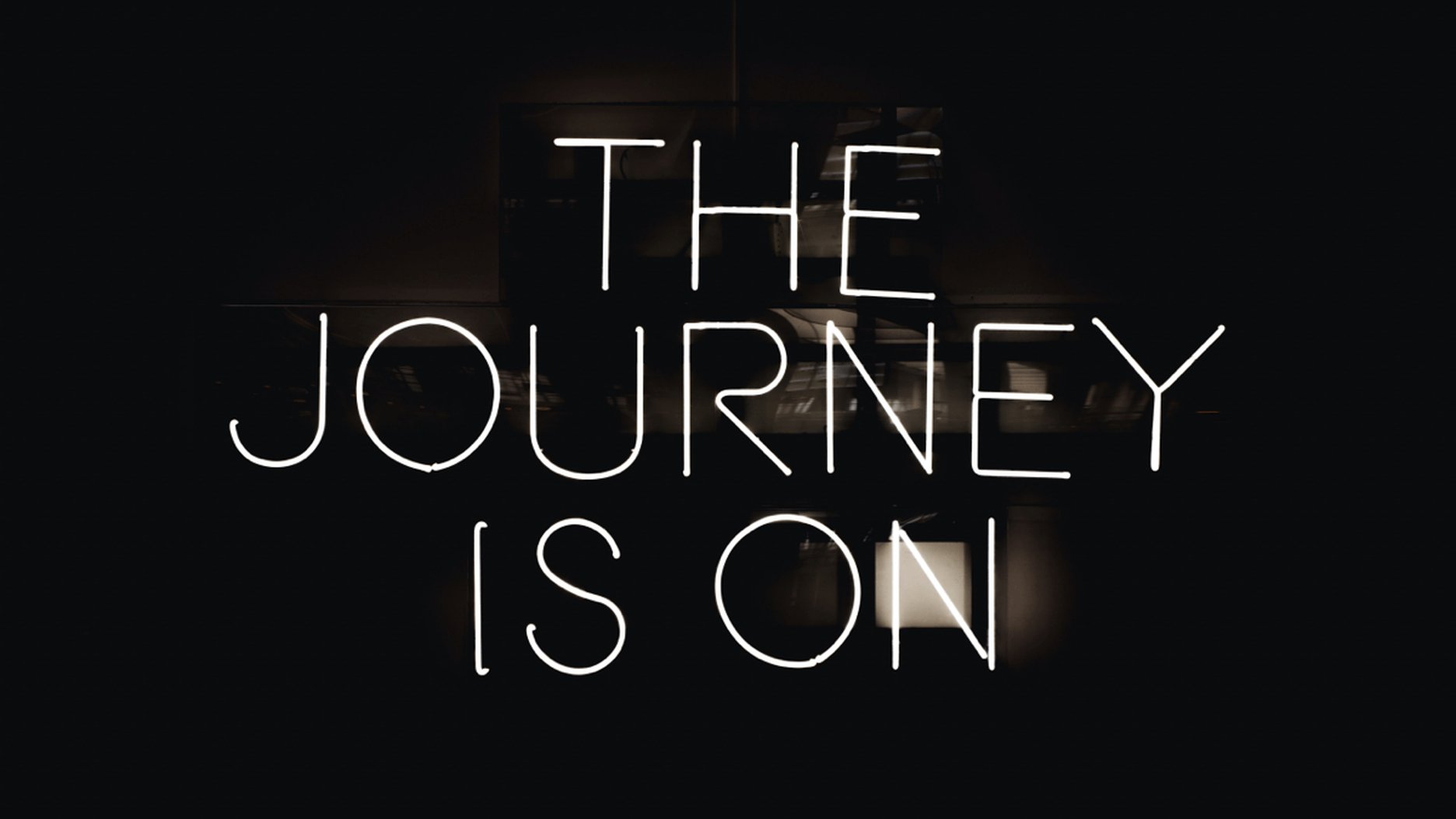A podcast is an ongoing commitment to communicate honestly and openly with your audience, to make space for conversations that matter, and to build long-lasting trust.
You’ll demonstrate your authority and open yourself up to new people and opportunities, and if you’re willing to be generous with your time, your knowledge and your experience, you’ll have a body of work that showcases the impact you can have on the world.
We don’t have to get it perfect from episode one — we just have to turn up and hit Record.
What is a podcast?
The word “podcast” has got a bit muddled over the years, and it’s often misunderstood. A podcast is a regular show (usually audio, but occasionally video) that’s downloadable over the web. The tech isn’t important for now, but the best rule of thumb is this: If you can’t play it in the Apple Podcasts app, it isn’t a podcast.
Podcasts can be played on lots of different devices, but Apple maintain their own directory, and they only accept podcasts as described above.
What isn’t a podcast?
A YouTube channel is not a podcast, because it can only be played in the YouTube ecosystem. If you’re looking to make a “video podcast”, most likely you’re creating a YouTube channel. It’s not my area of focus, but there are lots of people who can help you.
If a show – video or audio – is only playable in one app, it’s not a podcast. Part of the definition means that it can be freely downloaded by anyone and played on any app.
Why is this distinction important?
Different media has different expectations. Anyone can make a podcast and distribute it, without a gatekeeper in the way. But because of that, there’s no algorithm governing how podcast content is discovered.
So while it can be harder to build an initial audience, you have total control over your content and potential monetisation.
OK, let’s get to the good stuff
Below are my recommendations for equipment, software, and services to help you make a successful podcast. But before you spend a penny on gear, you need to be clear on why you’re making a podcast, who it’s for, and how the listener benefits.
Concept and positioning
It all starts with your Listener Story: a single sentence that describes your show, your listener, and the benefit they receive from spending time with you.
Some other things to consider:
- Worried about how your voice sounds?
- Set goals based on what you can control (eg: not download numbers)
- How to generate ideas for your episodes
Gear
A good starter microphone is the Samson Q2U. It plugs into your computer via USB, and can also be plugged into a mixer if you want to record multiple people in person, each having their own mic.
When recording podcasts, it’s really important that everyone wears headphones. Otherwise we end up with echo and other sounds that make the audio sound pretty unpleasant! I use and recommend these Sony headphones:
A cheaper pair are these from Audio Technica:
Once you’ve unboxed everything:
Software and services
Most podcasts nowadays tend to be recorded remotely. The tool I use and recommend is Riverside.fm. With Riverside, you login as a producer/host, and send a link to your guests.
They jump into the call, enable their camera and mic, and you hit Record. You can choose to record the video, or just use it to establish eye-contact and keep only the audio.
The call is recorded locally on each participant’s computer, then periodically sent up to the cloud, resulting in better-sounding audio than a tool like Zoom.
Once you have your conversation, it will need editing. The tool I use and recommend is Descript, which is a text-based audio editor. You can check that out here:
If you’d like to edit the podcast yourself, I have a video course that will guide you through the whole process:
Speaking of courses, I also have one that will help you develop your podcast idea, and understand the tech and the landscape:
Instead of uploading your audio to Apple, Spotify, Google, Amazon etc, you upload to one place and then tell all those services “this is where my podcast lives”. We call that place “a media host”. I run a platform called Bramble which does just that:
Bramble gives you a fully customisable website, and you can choose the domain name that it lives at. You can even record elements of your podcast directly in your browser, and Bramble will assemble them into a podcast.
Some other things to check out:
- Why does your podcast need a website?
- How to make a trailer for your podcast
- How do you get your first 100 listeners?
Don’t go it alone
I can help you plan and launch your podcast, and find an editor if you need one. My launch offering helps you get clear on who your podcast is for and how they benefit as a result. I’ll guide you through all the tricky tech bits, help you book guests and assemble a stream team to help you promote it.
